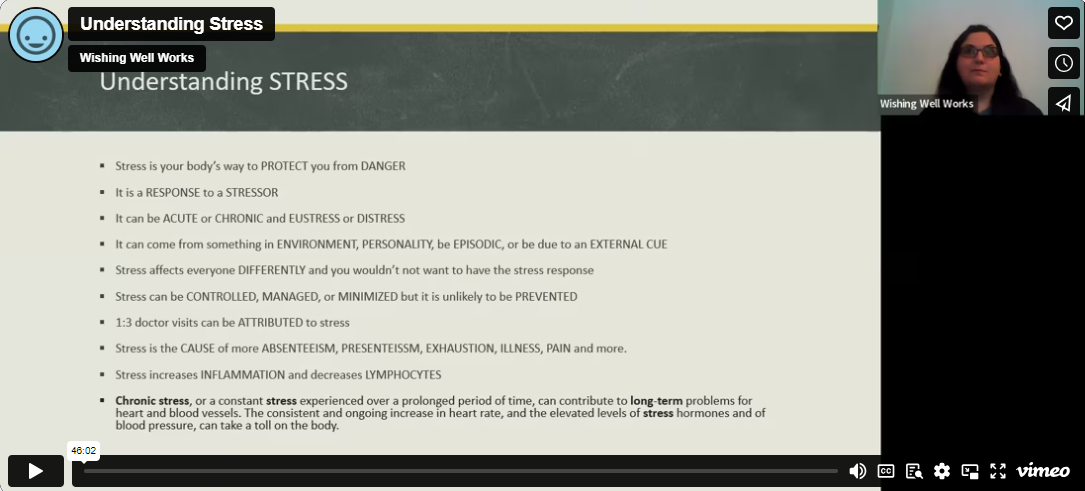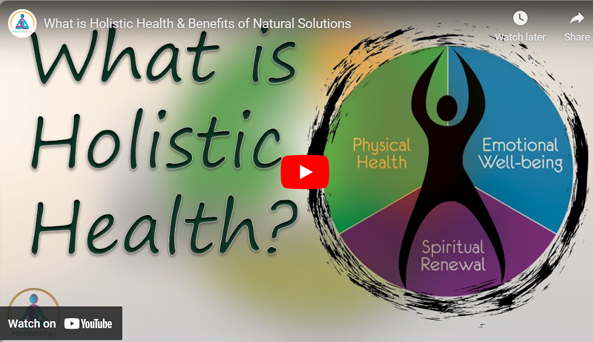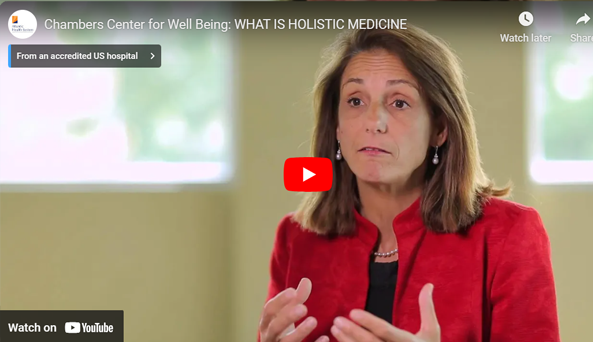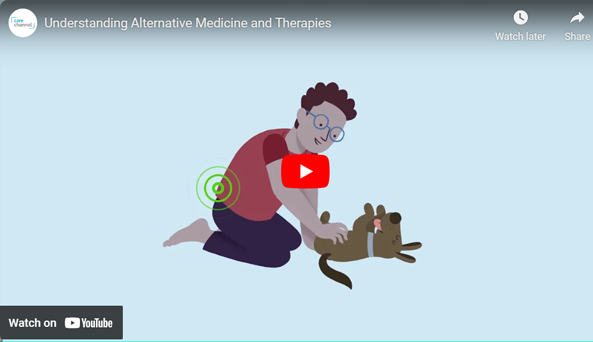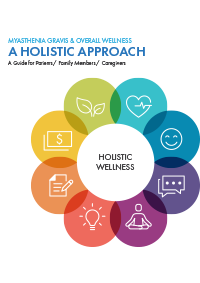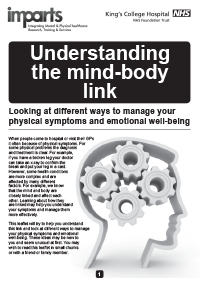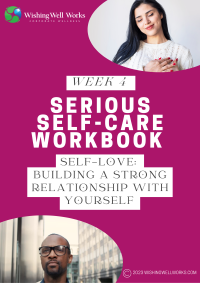Holistic Health
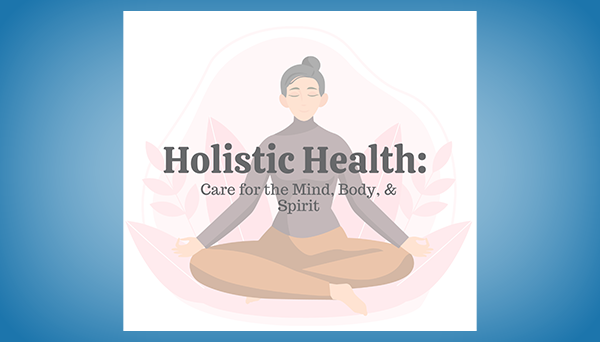
Holistic Health
Holistic health refers to an approach to well-being that considers the whole person—mind, body, emotions, and spirit. It emphasizes the interconnectedness of these aspects and seeks to achieve optimal health by addressing all areas of life.
Here are some key principles and aspects of holistic health:
- Mind-Body Connection: Holistic health recognizes the powerful connection between the mind and body. Mental and emotional well-being can impact physical health, and vice versa.
- Preventive Care: Rather than focusing solely on treating symptoms, holistic health emphasizes preventive measures to maintain overall wellness and address root causes of health issues.
- Individualized Approach: Each person is unique, and holistic health takes into account individual differences, including genetics, lifestyle, beliefs, and preferences, when designing health plans.
- Whole Foods Nutrition: Nutrition is a central aspect of holistic health, with an emphasis on consuming whole, nutrient-dense foods that support overall health and vitality.
- Physical Activity: Regular exercise and movement are important for holistic health, promoting cardiovascular health, strength, flexibility, and mental well-being.
- Emotional and Mental Well-being: Holistic health includes strategies for managing stress, cultivating positive emotions, and addressing mental health concerns through approaches like Mindfulness, therapy, and self-care practices.
- Spirituality and Purpose: For many individuals, spirituality and a sense of purpose play a significant role in holistic health. This may involve practices such as meditation, prayer, or engaging in meaningful activities that align with one’s values.
Overall, holistic health aims to promote balance, harmony, and integration across all aspects of a person’s life, leading to a greater sense of well-being and vitality.
On-Demand Session
Stress and Heart Health
Heart disease is one of the major killers of American men and women, and many cases are completely preventable through lifestyle changes such as healthier eating, increased physical activity, stress management, and smoking cessation. Stress causes the body to increase blood pressure which is significantly related to heart disease. This session explains how these two topics are related and what participants can do to minimize their risk.
Presenter: Ellie Booshehri

Ellie Booshehri, MPH, is a health educator with an extensive background in public health education and worksite wellness. After obtaining her Bachelor’s Degree in both Biomedical Sciences and Public Health from the University of South Florida, Ellie worked at the University Wellness Center where she became a founding member of the executive board and developed several health promotion and awareness campaigns that are still a part of the campus-wide curriculum. This experience led Ellie to pursue and receive her Master’s Degree in Public Health Education also from the University of South Florida where she worked in infectious and chronic disease prevention.
On-Demand Videos
What is Holistic Health &
Benefits of Natural Solutions
What is Holistic Medicine?
Understanding Alternative Medicine and Therapies
